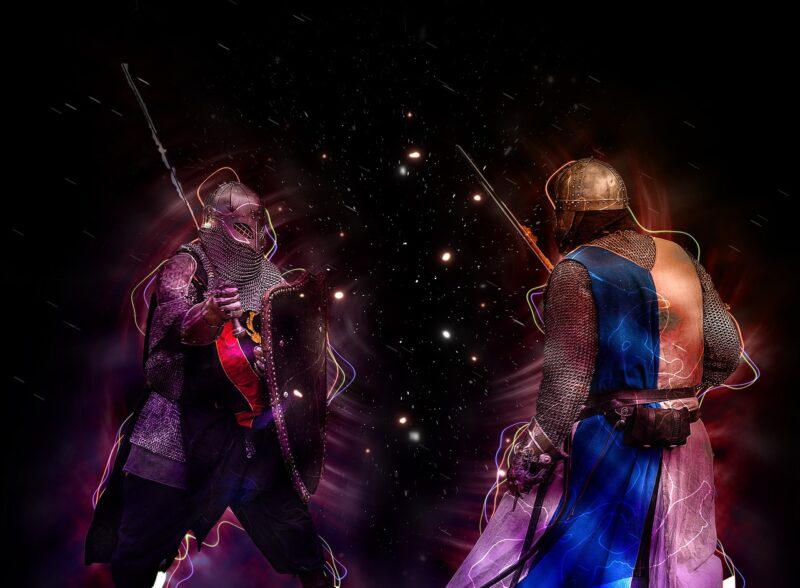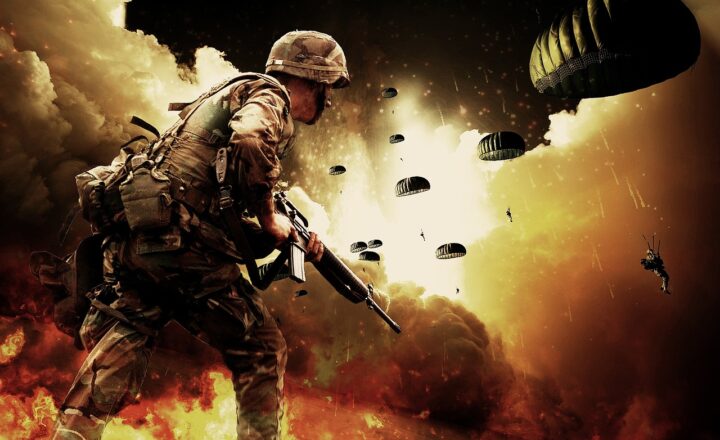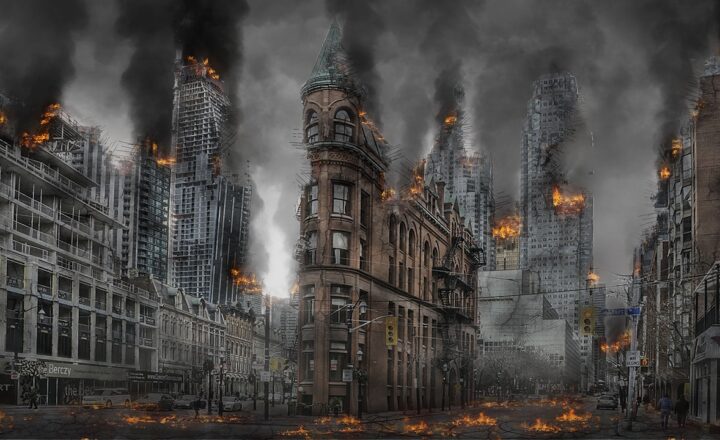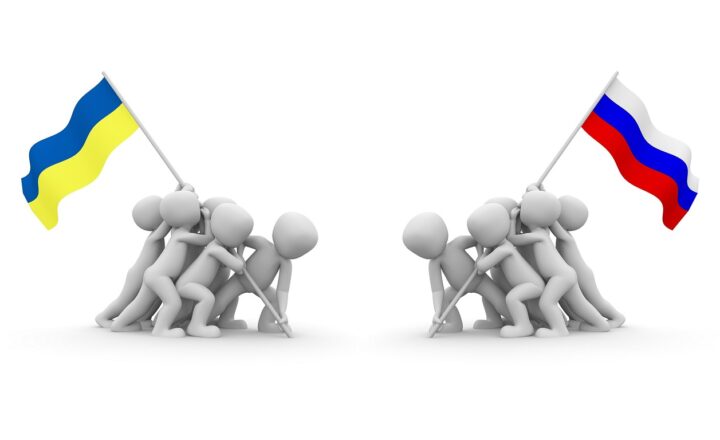The Untold Stories of War: Lessons from History’s Most Significant Conflicts
November 18, 2024

War has been a constant throughout human history; it shapes nations, cultures, and individuals. Behind the famous battles, dates, and historical figures lie untold stories that reveal profound lessons about humanity, resilience, and the consequences of conflict. In this article, we delve into some of the world’s most significant conflicts and the lesser-known stories that can inform our understanding of war’s impact on society.
1. The Forgotten Voices: Women in War
Traditionally, war narratives often focus on male soldiers, political leaders, and strategic victories. However, women have played crucial roles in conflicts throughout history, often with their contributions overlooked. During World War II, women stepped into roles traditionally held by men, serving as nurses, factory workers, and even fighters. One remarkable story is of the Night Witches, a group of female Soviet pilots who conducted daring bombing missions against German forces. These women flew outdated planes under the cover of darkness, at times using little more than their resolve and resourcefulness to succeed. Their bravery and tenacity highlight the essential contributions of women in times of war.
2. The Human Cost: Unseen Suffering of Civilians
In every war, civilians bear the brunt of violence, yet their struggles often go unnoticed. The bombing of Dresden in World War II is a chilling example. Civilians, caught amidst the chaos, endured unimaginable hardships, with an estimated 25,000 lives lost in a single night. The aftermath of such destruction goes beyond numbers; it shatters communities, displaces families, and leaves scars that last generations. Understanding these narratives fosters compassion and reminds us of the need to prioritize diplomacy and peace.
3. The Power of Propaganda: Shaping Public Perception
War is more than just battles fought on the front lines; it’s a struggle for people’s minds. Propaganda has played a significant role in shaping public perception during conflicts. During World War I, the British government employed extensive propaganda campaigns to bolster support for the war effort. Posters, films, and literature depicted heroic narratives and demonized the enemy, influencing public sentiment and recruiting soldiers. Learning from these tactics reveals how communication can be wielded as a weapon in its own right, often shaping narratives beyond the battlefield.
4. Innovations Born from Conflict: The Dual-Edged Sword of War Technology
Every war heralds technological advancements, but not all innovations are purely beneficial. The development of radar, jet engines, and even the internet were all accelerated by warfare. However, these technologies often have dual uses. The internet, initially a tool for military communication, is now a platform for global exchange, but it also facilitates cyber warfare and misinformation campaigns. War time technologies serve as a reminder that our greatest advancements can also be our greatest threats, showcasing the importance of ethical considerations in innovation.
5. Post-War Recovery: Healing and Rebuilding Nations
Post-war recovery provides crucial lessons on resilience and the human spirit. After World War I, Europe faced insurmountable challenges: economic turmoil, physical destruction, and social unrest. Yet, in the face of adversity, nations began to rebuild through collaboration, new treaties, and international organizations. The establishment of the League of Nations and later the United Nations emerged from a desire to prevent future conflicts and promote cooperation. Their lessons remind us that healing is possible, but it requires concerted effort, understanding, and unity among people.
Conclusion: Embracing the Lessons of History
War is a profound teacher, revealing insights into human nature and society. As we explore the untold stories of war, we gain a deeper understanding of the complexities of conflict and its enduring impact on humanity. It is essential to remember the voices often silenced by history: the women, the civilians, the innovators, and the nations rebuilding from the ashes. By embracing these lessons, we may pave a path toward a more peaceful future, ensuring that history does not repeat its darkest chapters.
In closing, let us honor both the heroes and the victims of war by striving for a world where dialogue prevails over conflict, and where the stories of all are preserved and shared for generations to come.







